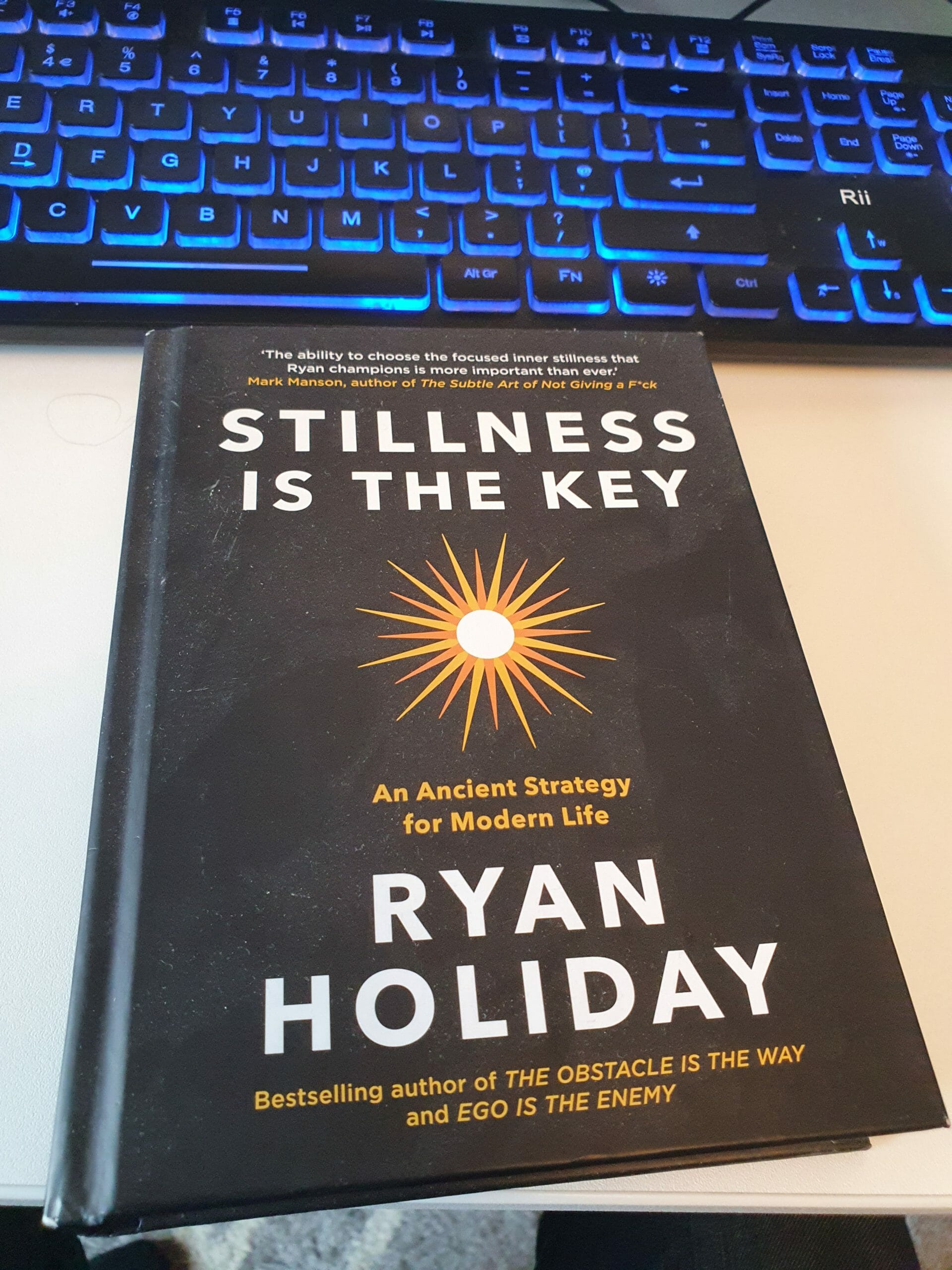I wrote about this topic a while ago now on my blog basically saying that although it had lost it’s novelty factor as the new thing to do online, blogging still has a vital role to play in communications for companies of all sizes.
Blogging is still a great way to publish your thoughts and opinions and share them with your readers and peers. Twitter on the other hand is a great tool which is much more instant.
In my opinion, you can’t really position yourself or your clients as a thought leader using just Twitter – sure, you can share useful/interesting links and funny bits but there is a limit to what 140 characters can achieve. With a blog post you can go that little bit deeper into a subject.
Now don’t get me wrong, I am not saying that one is better than the other but together, integrated properly and used effectively, they can become much more powerful.
Adam Singer, wrote an interesting post about this topic yesterday on his blog stating:
“Forget about the word blogging for a minute and consider all the platform enables: an easy way to build relationships and share ideas in an area that is unique to you or your business. I’m not sure how monolithic communities that throw everyone together into uniform layouts can disrupt something unique. It’s like saying Starbucks is going to replace your local coffee shop. Sure, your local coffee shop won’t scale, but maybe the experience there is so unique it would lose what made it special if it did.”
In his post Adam also shares his eight things to consider when getting engaged in online conversations and I thought they were worth sharing they are as follows:
- Everyone uses the web differently – don’t ever make assumptions others get content just like you do. Just because you’re using every bleeding edge service doesn’t mean everyone is.
- The early adopters certainly use the web far differently from the average user.
- Blogging allows you to reach regular users through email – the largest social network. If I was only on sites like Twitter or FriendFeed, I’d never be able to share my thoughts with those people who prefer content there.
- Content producers are a creative bunch and demand control of how their content is presented. Blogs enable this by their very nature. Monolithic social networks make you play within the lines.
- There is no “right” or “wrong” way to produce orconsume content. Despite the method of how you are getting it, it’s sort of irrelevant how it comes to you if it’s efficient and in a format that you enjoy.
- Funny how a writer for TechCrunch previously declared RSS dead. TechCrunch proudly displays their FeedBurner widget on the bottom of their blog showing close to 3 millionRSS readers. I’m one of them, and their content rocks – but that idea is rich with irony. Lifestreaming services actually continue to increase the utility of RSS.
- Imagine all that time you spent growing a presence in a social network, and then that network falls out of favour. The best part about independent publishing is the niche audience aspect – bearing you continuously deliver value, your small but loyal audience will stick with you.
- Vanity URLS like Facebook.com/YourName or Twitter.com/YourName are nice, but a catchy domain name is even better.
There is no doubt that blogs and bloggers are important and I believe that they will remain critical to online communications over the next decade. No matter how many people and reports say that blogging is about to die or is actually dead – I strongly believe they will be found to be wrong. As new social media channels are created and developed, so will they. In my view the future of communications is transparency, analysis and integration.



